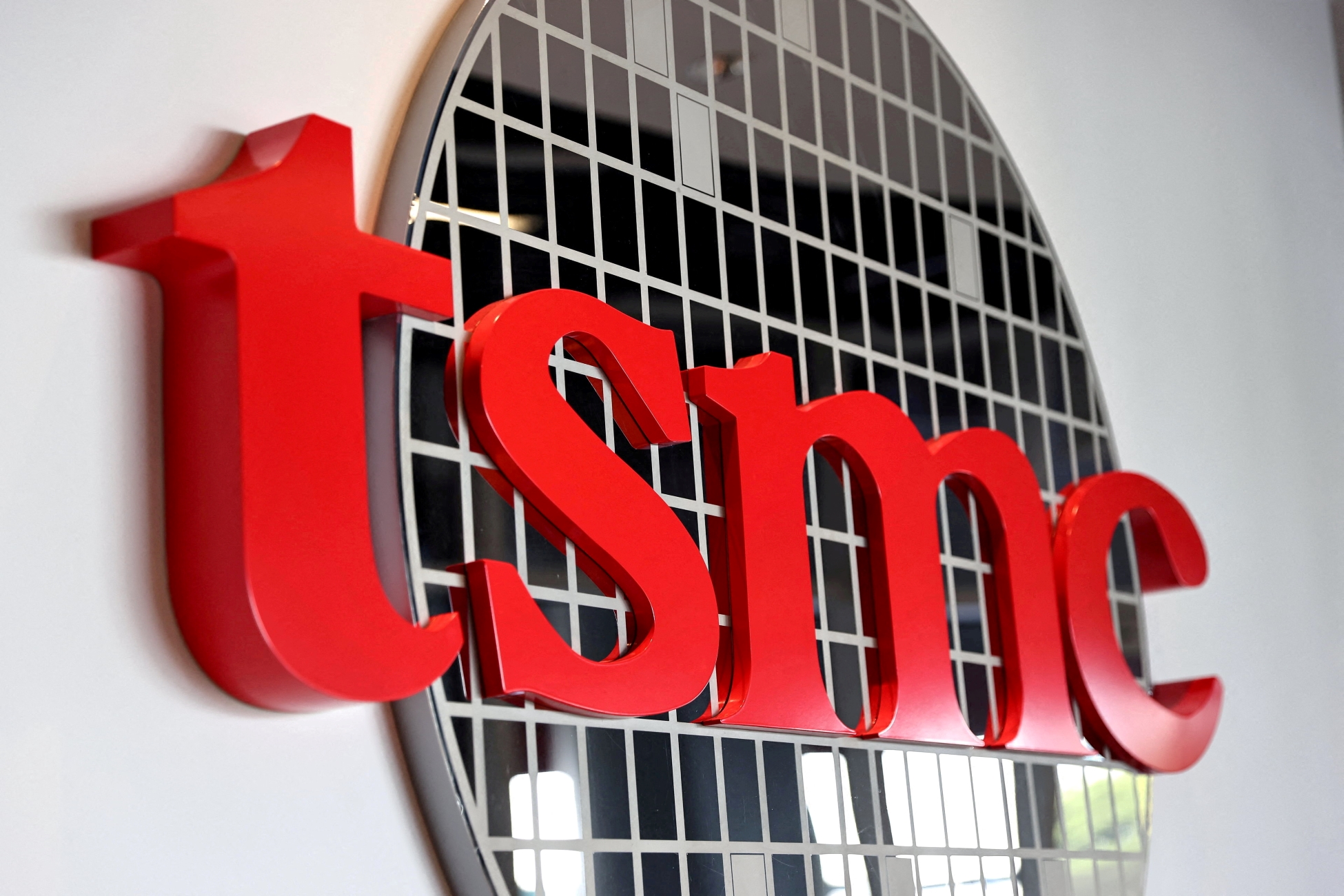NEW YORK/SINGAPORE, (AfrikTimes) – The U.S. has ordered Taiwan Semiconductor Manufacturing Co (TSMC) to halt shipments of advanced chips to Chinese customers that are often used in artificial intelligence applications starting Monday, according to a person familiar with the matter.
The U.S. Department of Commerce sent a letter to TSMC, imposing export restrictions on certain sophisticated chips with designs of 7 nanometer or more advanced designs, destined for China that power AI accelerator and graphics processing units (GPU), the person said. The U.S. order, which is being reported for the first time, comes just weeks after TSMC notified the Commerce Department that one of its chips had been found in a Huawei AI processor, as Reuters reported last month. Tech research firm Tech Insights had taken apart the product, revealing the TSMC chip and apparent violation of export controls.
Huawei, at the center of the U.S. action, is on a restricted trade list, which requires suppliers to obtain licenses to ship any goods or technology to the company. Any license that could aid Huawei’s AI efforts would likely be denied. TSMC had already suspended shipments to China-based chip designer Sophgo after its chip matched the one found on the Huawei AI processor, sources told Reuters last month.
 A person visits TSMC Museum of Innovation in Hsinchu, Taiwan May 29, 2024. REUTERS/Ann Wang.
A person visits TSMC Museum of Innovation in Hsinchu, Taiwan May 29, 2024. REUTERS/Ann Wang.
It remains unclear how the chip ended up in Huawei’s Ascend 910B AI processor, released in 2022, which is considered the most advanced AI chip from a Chinese company.
This latest crackdown hits many more companies and will allow the U.S. to investigate whether other companies are diverting chips to Huawei for its AI processors. Following the Commerce Department’s directive, TSMC notified affected clients that it would suspend shipments of the chips starting Monday, the person said.
The U.S. Commerce Department declined to comment.
A spokesperson for TSMC also declined to comment beyond saying it was a “law-abiding company…committed to complying with all applicable rules and regulations, including applicable export controls.”
The communication from the U.S. Commerce Department, known as an “is-informed” letter, allows the U.S. to bypass lengthy rule-writing processes to quickly impose new licensing requirements on specific companies.
 Aiming to get its own chips back into production as early as this year, Huawei has redesigned some of its core chips so they can be produced with older technology that is more readily available in China, sources said.
Aiming to get its own chips back into production as early as this year, Huawei has redesigned some of its core chips so they can be produced with older technology that is more readily available in China, sources said.
Ijiwei, a Chinese media outlet covering the semiconductor industry, reported on Friday that TSMC had notified Chinese chip design companies that it would suspend shipments of 7-nanometer or smaller chips for AI and GPU customers starting Nov. 11.
The action comes as both Republican and Democratic lawmakers have raised concerns about the inadequacy of export controls on China and the Commerce Department’s enforcement of them.
In 2022, the Commerce Department issued is-informed letters to Nvidia and AMD, restricting their ability to export advanced AI-related chips to China. The department also imposed similar restrictions on chip equipment makers like Lam Research, Applied Materials, and KLA, limiting their ability to export tools for manufacturing advanced chips to China. The restrictions in those letters were later turned into rules that apply to companies beyond them.
The U.S. has been delayed in updating rules on tech exports to China. As Reuters reported in July, the Biden administration drafted new rules on some foreign exports of chipmaking equipment and planned to add about 120 Chinese companies to the Commerce Department’s restricted entity list, including chipmaking factories, toolmakers, and related companies. But despite plans for an August release, and later tentative target dates for publication, the rules still have not been issued.




 US ordered TSMC to halt shipments to China of chips used in AI applications.
US ordered TSMC to halt shipments to China of chips used in AI applications.


